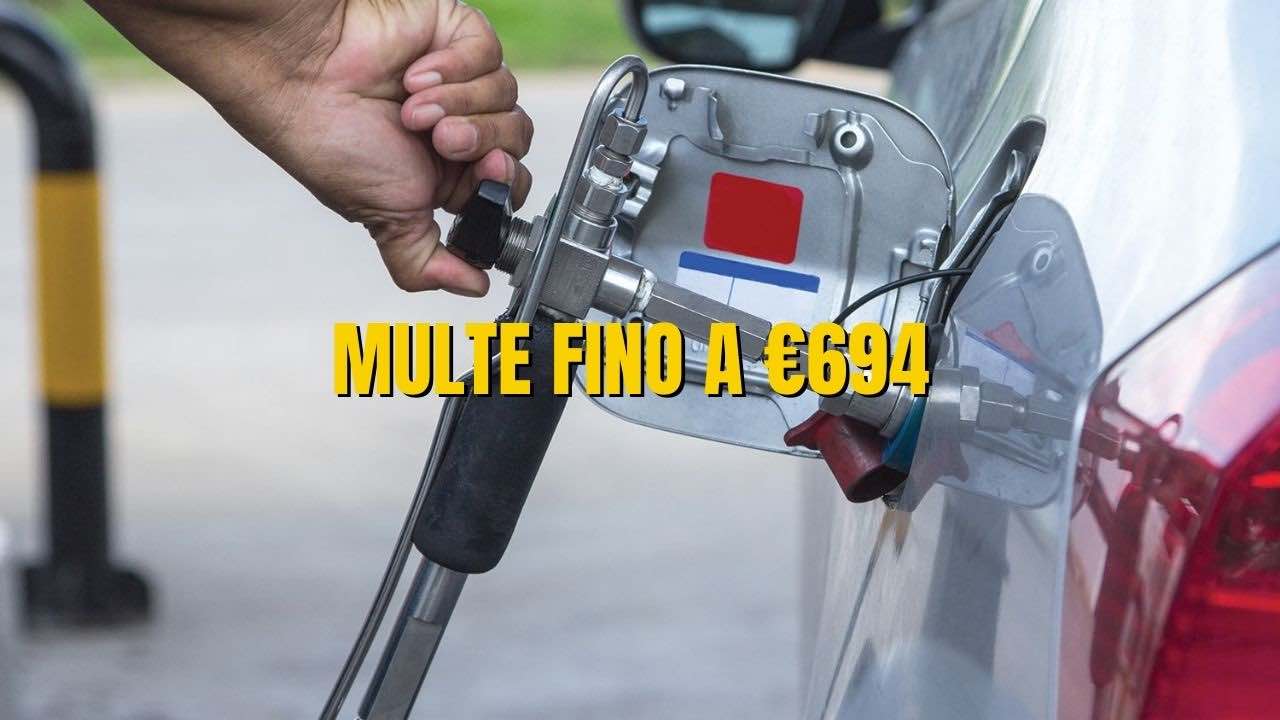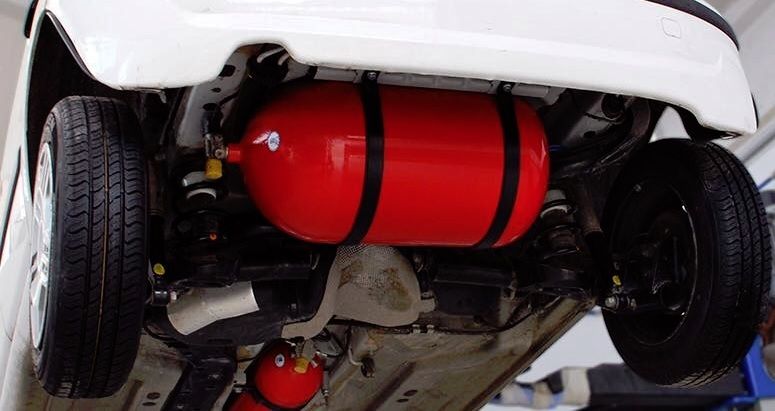The gas cylinder is the most dangerous thing that can be transported by car, for this reason, there are regulations that those who own a cylinder in the car must know and respect in order to travel safely and not to risk heavy fines.

Few are informed and therefore know what is right to do and what is better to avoid.
Here because we need to clarify the testing of the car methane and on the transport of gas cylinders.
Gas cylinders transported by car, here’s what to do in order not to risk it
First of all, it must be specified that they exist on the market, different types of gas cylinders that are installed on cars, consequently the whole outline changes.
To travel you need to be in good standing and therefore respect, for example, the inspection deadlines and have the cylinder checked in the right time frame. The penalties applied in the event that you were to be caught circulating in a methane-powered car that does not comply with the standards established by the highway code are really high.
The overhaul of a car’s gas cylinder is mandatory, because a non-compliant cylinder endangers the safety of both the vehicle’s passengers and the driver. Furthermore, in the event of a road accident all this can have serious repercussions on other vehicles and not insignificant administrative consequences.
For example, those who cause an accident while driving an incorrectly serviced vehicle are obliged to compensate any injured third parties out of their own pocket.

What is the risk if the gas cylinder has not been checked
The methane cylinders that power gas cars, must be positioned in a certain way. The location changes based on how the cars leave the relevant factory.
In general, the cylinders are located under the floor of the car, otherwise inside the trunk (we are talking about all those vehicles converted to methane after the construction of the vehicle, by choice of the buyer).
The shape of the car cylinders is cylindrical, However, some details such as materials may vary. The control operations are all the same and are carried out at the methane system installation workshops, the authorized workshops for requalification work and therefore cylinder overhauling or official assistance centres.
In general all gas cylinders must be checked every 4 years. In the event of checks by the police, if something turns out to be not in order, you risk a fine ranging from 173 euros to €694.
If the vehicle is used illegally, therefore not tested, the administrative fine ranges from 1998 euros to 7993 euros, with the administrative detention of the vehicle for a total of 90 days.



